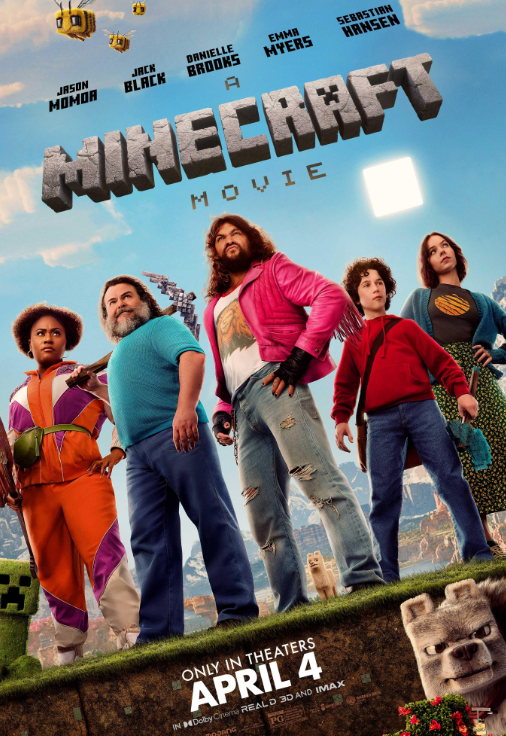In order for a student to receive a quality education, he or she better be lucky enough to win the lottery. That is the situation in Harlem, N.Y., and the issue covered in Madeleine Sackler’s “The Lottery.” Friday evening, during a student organization conference I attended at Harvard University, the directors of the program screened the documentary film for those who had never seen it.
Since the conference discussed socioeconomic status frequently throughout the weekend, the staff chose the movie to accurately convey the severity of failing school systems around the country. While the 2010 film is dated, it is still every bit as relevant in 2013. I had never heard of the film before, and found the insight it gives on the charter school system in Harlem is both fascinating and horrifying.
“The Lottery” was, in a word, heartbreaking. It focuses on four families in Harlem and the Bronx who live in a low socioeconomic bracket, and each of the families has a young, preschool level child whose parents are hoping to win the charter school admission lottery. Because the failing public schools in Harlem are so lackluster in education, these children’s parents hope their child’s name will be called to join one of the Success Academy Charter Schools, the charter school system in Harlem. The three schools that make up the system have a 100 percent pass rate on standard reading level exams, in stark contrast to the public schools’ percentages ranging from 10 to 33.
These children want to be educated, to learn and grow, and yet the government’s current system to provide them with a proper education is failing. One teacher in the film who taught in the public school system and at Harlem Success Academy said the charter school’s students all read at or above grade level, while the fifth graders she taught in public school were, for the most part, reading on a far lower level.
The lottery system, while necessary because of the ratio of demand to supply, is a sad and unjust method of selecting students for admission. Names of lucky students are called in a ceremony reminiscent of a reverse “Hunger Games,” and those select few students are set on a track for college graduation and success. Meanwhile, the unlucky children whose names were never voiced in the ceremony are left to endure the failing public school systems. At one point in the documentary, a teacher says that city officials look at how many students are entering the public schools in Harlem to anticipate future jail space needed. The schools drain hope, and fate alone ordains the chosen few students who get to escape it for a quality education.
The film connected with me on a personal level. The film follows a deaf, single mother as she tries to enroll her child in Harlem Success Academy. Since I have a deaf sister with a family of her own, it was heartbreaking to watch the struggles of her family as she tried to give her daughter the best education possible. The other parents’ situations are no less dire, from extreme poverty to broken homes, and each story can connect with audiences.
I won’t reveal if any of the children win the lottery in the interest of avoiding spoilers, but the film, while depressing at times, is absolutely worth watching. “The Lottery” provides a picture of our society’s current education system in a light of truth, however unsettling that may be, and should be in every student’s Netflix queue.
Leading in today’s Crimson White:
Ferg Post Office to undergo new management in July
Gymnastics team defeats UCLA in top-10 matchup
Men’s basketball team falls to Florida in Gainesville Saturday








